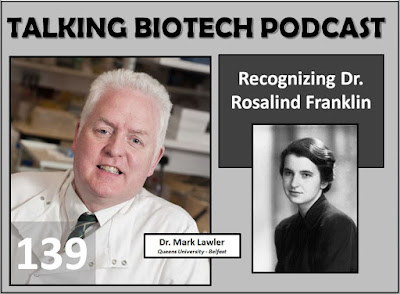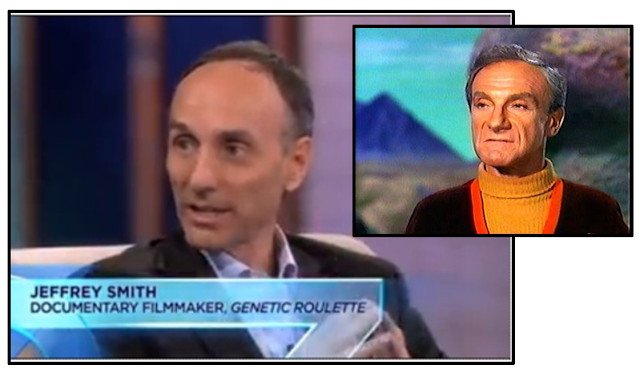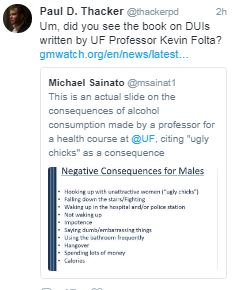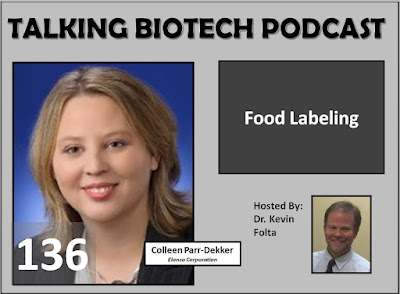Golden Rice, Misplaced Activism, and Who Do You Trust?

This blog raises an important question about who you choose to trust, and how easily they sway your opinions. When you read scientific information on the web, do you believe only what confirms your biases, or do you think critically about the information? Are people manipulating you? First, I love the idea of Golden Rice. In many parts of the world food staples contain little Vitamin A, so those consuming rice, potato, wheat, maize, cassava, and banana are not receiving adequate nutrition. It is essential for vision and optimal health. The result is a scourge of Vitamin A Deficiency (VAD) causes blindness and disease throughout the Developing World. Golden Rice has been genetically engineered with two genes to produce beta-carotene, the nutrient in carrots and leafy green vegetables that is converted to vitamin A in the body. Golden Rice is not without its issues. The levels were low in the first generation products and not necessarily in ...



